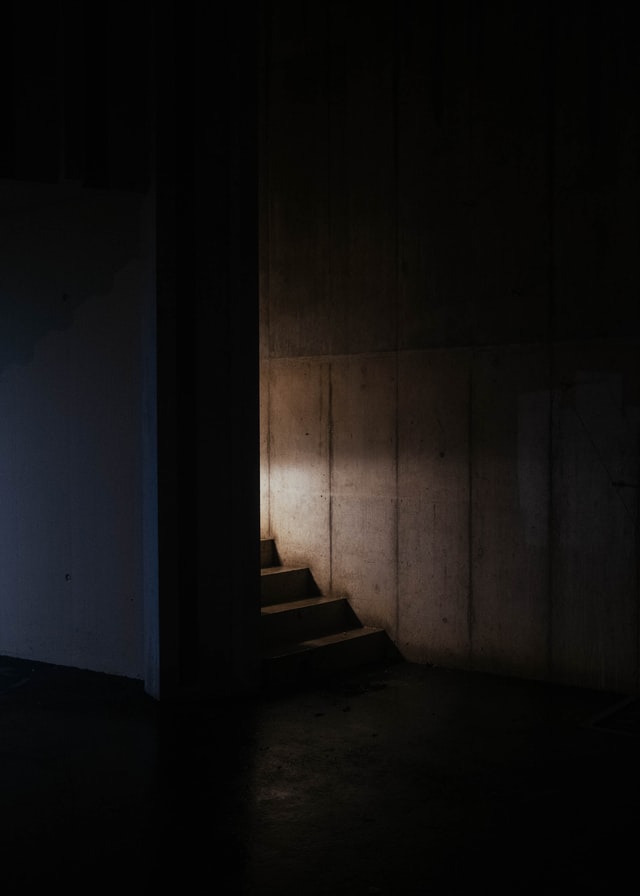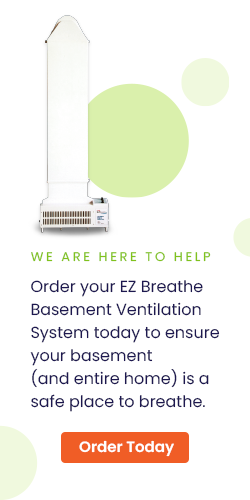Whether your basement is a dungeon or a showpiece, it likely needs some TLC to achieve a healthy environment. Basement air is generally worse than the rest of the home due to an overall lack of cross flow ventilation, higher sustained humidity, and ample amount of settled dusts. Poor basement air contains high mold, allergen, chemical and tiny debris particles that can make you and your family sick. Children, the elderly, and people with respiratory concerns are at most risk of illness. If not dealt with, the contaminants from basement air can degrade the air quality in the entire home.
Here are 5 simple measures you can take the course of a weekend to dramatically improve the health of your basement:
- Dehumidify (the entire basement). When the relative humidity is above 50% year round, odors and higher mold spore counts result—especially in unfinished spaces. To control this, every basement should have a functional dehumidifier. Ideally your dehumidifier would drain to a properly capped sump pit, utility sink or outside. You will want to monitor the humidity with a hygrometer (humidity meter).
- Purify – Running a quality HEPA rated air purifier can reduce toxins and irritants within hours. There are many varieties to choose from, but air quality filters made in the United States have proven reliable to filter out harmful mold, allergens and chemicals with the use of carbon filtration. Most air purifiers are ready to go right out of the box. Plug in, turn on and enjoy a healthier basement. Allergy Buyers Club (allergybuyersclub.com) is a great resource to compare features and benefits.
- Declutter – Reducing the amount of material on which mold can grow will improve airflow, reduce odors and spore levels. This is especially true for closets and stairwell storage areas. Remove and properly dispose of unwanted paint cans, fertilizers and other chemical containing products that emit harmful carcinogens and harm your body.
- Test for radon – Radon is the leading cause of lung cancer among non-smokers. You should test for radon every two years. Uncapped sump pits or cracks in the foundation can lead to unwanted radon exposure. Ask a local home inspector or contract directly with the laboratory for a real estate approved radon test kit.
- If you have carpeting in your basement, consider replacing it with a non-toxic hard floor system or schedule professional carpet cleaning with a reputable, experienced and certified carpet technician. Remove accumulated outdoor debris and other waste vulnerable to mold and odors. Include routine cleaning of your basement—preferably with a HEPA-rated vacuum.
A weekend’s worth of work will improve the air quality not only of your basement, but all of the living space above it. Cheers to a happy, healthy basement this summer!






